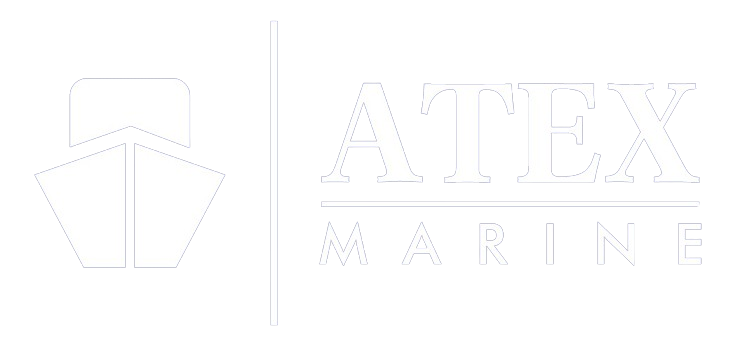AUTOMATION
Understanding Marine Gas Detection Systems
Marine gas detection systems are critical for ensuring the safety and security of vessels by monitoring and detecting hazardous gases. These systems help prevent accidents, protect crew members, and maintain compliance with safety regulations. This guide explores the key aspects of marine gas detection systems and addresses frequently asked questions about their operation and benefits.
What is a Marine Gas Detection System?
A marine gas detection system is a technology used to detect and monitor the presence of hazardous gases on a vessel. These systems are designed to alert the crew to potential dangers, allowing for timely action to mitigate risks and ensure safety.
Benefits of Marine Gas Detection Systems
Implementing a marine gas detection system offers several advantages:
- Enhanced Safety: Provides early detection of hazardous gases, allowing for prompt action to prevent accidents.
- Regulatory Compliance: Ensures compliance with maritime safety regulations and standards.
- Protection of Crew and Vessel: Protects crew members from exposure to dangerous gases and helps safeguard the vessel from potential hazards.
- Operational Efficiency: Minimizes downtime by preventing gas-related incidents and ensuring smooth vessel operations.
10 Frequently Asked Questions (FAQs) about Marine Gas Detection Systems
| FAQ | Answer |
|---|---|
| What is a marine gas detection system? | A system designed to detect and monitor the presence of hazardous gases on a vessel, alerting the crew to potential dangers. |
| How does a marine gas detection system work? | It uses sensors to continuously monitor the atmosphere for specific gases and triggers alarms when dangerous levels are detected. |
| What gases can a marine gas detection system detect? | These systems can detect various gases, including carbon monoxide, hydrogen sulfide, methane, and other flammable or toxic gases. |
| Why is a gas detection system important on a vessel? | It is crucial for preventing gas-related accidents, protecting crew members, and ensuring compliance with safety regulations. |
| Are marine gas detection systems mandatory? | Yes, many maritime regulations require vessels to have gas detection systems to ensure safety. |
| How often should the gas detection system be tested? | Regular testing and calibration should be performed according to the manufacturer’s guidelines and regulatory requirements, typically every six months to a year. |
| Can the system detect multiple gases simultaneously? | Yes, advanced gas detection systems are capable of monitoring multiple gases simultaneously. |
| What happens if a gas is detected? | If a hazardous gas is detected, the system will trigger alarms, and the crew should follow safety protocols to address the situation. |
| Is the installation of gas detection systems complex? | Installation can vary in complexity, but many systems are designed for straightforward integration with existing vessel infrastructure. |
| Can gas detection systems be integrated with other safety systems? | Yes, they can be integrated with other onboard safety systems such as fire detection and suppression systems for comprehensive safety management. |
Conclusion
Marine gas detection systems are essential for ensuring the safety and security of vessels and their crew. By providing early detection of hazardous gases, these systems help prevent accidents, maintain compliance with regulations, and protect both personnel and the vessel. Understanding the benefits and addressing common questions about these systems can help vessel operators make informed decisions about implementing this critical technology.
